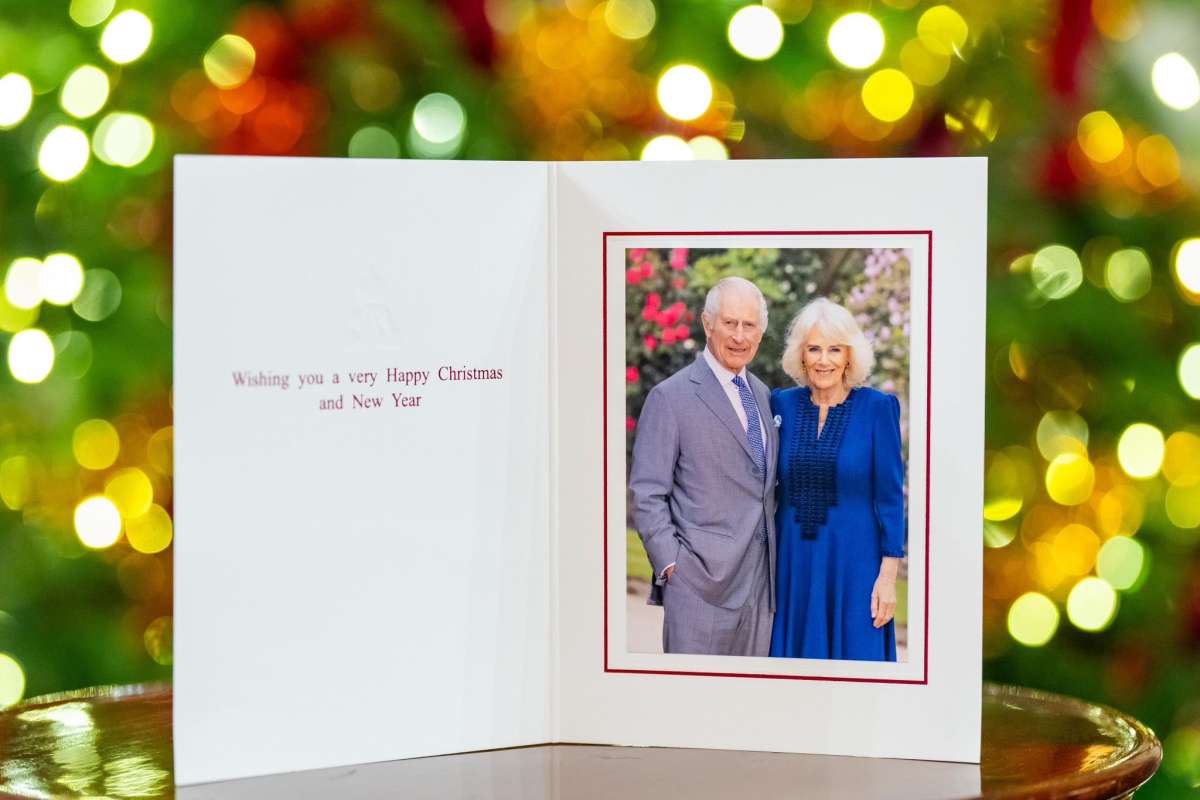
He was twice rejected by one of India’s top FMCG firms when he applied for a job from campus. More than once, he did not get the promotion that he thought he richly deserved. The draft of his first book on advertising cases was rejected as a plug. Several clients, on multiple occasions, rejected campaign ideas that he had projected…writes Vishnu Makhijani.
And all that transformed him into becoming a spring that helped bouncing him back after being repeatedly pushed and pulled.
Today, after a 40-year-career in corporate India, Ambi Parameswaran is a best-selling author of 10 books, a brand consultant, the founder of a brand advisory and a much-in-demand speaker at industry events.
“The big learning for me, as I reflect back on my journey in the world of business is that there is no one magic bullet to handle rejection,” Parameswaran writes in “Spring – Bouncing Back From Rejection” (Westland) as he details his own torturous journey and that of individuals across the spectrum who fought off adversity and offers a offers a three-step process – a Rejection Processing System (RPS) – to “survive multiple rejections, near-death experiences and more”.
“Getting rejected is something that worries everyone. And somehow it seems to be a big black hole that can swallow you in full”, he writes, adding: “But the truth is that the most successful of people you know have had to go through rejection multiple times in their lives.”
“Someone whom you think was a born leader probably got rejected many times before he landed the right job. Numerous bestselling authors have had to submit their manuscripts to multiple publishers before someone decided to risk their reputation by publishing a first-time author. The same is true of some of the biggest movies and television programmes. Movie stars who have won multiple Oscar awards, who have numerous hits under their belt, have all faced rejection. Some of the top athletes have been dropped from teams when they were in good form,” Parameswaran writes and goes on to lists a virtual Who’s Who of individuals who proved that perseverance pays.
To name just a few, there’s Dr. A.P.J. Abdul Kalam, Steven Spielberg, Amish Tripathi, J.K. Rowling, Ernest Hemmingway, George Orwell (rejected by T.S. Elliot of all people), Vladimir Nobokov, Stephen King, Jeffrey Archer, Ariana Huffington, The Beatles and Dilip Kumar (now known as A.R. Rahman).
There’s also the saga of Savan Harish Kotecha, a songwriter of Indian origin, as related by Derek Thomson, a senior editor at “The Atlantic” and a news analyst for NPR (National Public Radio of the US). Kotecha received 160 rejection letters while trying to break into the highly competitive music business. He eventually landed a job as a writer and producer for other singers/songwriters such as Madonna, Nick Jonas, Backstreet Boys, Ariana Grande, Usher, Justin Beiber and One Direction.
“Interestingly, Kotecha’s journey to selling more than 200 million copies of his songs started with rejection upon rejection. Today, he has amassed many awards and multiple Grammy and Golden Globe nominations,” Parameswaran writes.
What’s the lesson to be learnt from all this?
“Be ready to anticipate and accept rejection. If you are convinced about what you are setting out to do, don’t let rejection derail you. If your heart says you have a winning concept, don’t give up. Brush off the rejection and spring back to make a fresh attempt,” Parameswaran writes.

Enter his RPS, or rather, climbing “the three peaks of rejection management” which he explains thus: “The first stage of handling rejection is the ability to anticipate and accept rejection. Don’t take it personally. Quieten your inner critic.
“The second stage is processing and recovering from rejection. Can you decode the rejection message? Is it a hard rejection or a soft one? Who can you go to for support? Do you have a confidant who can help you?
“The third and final stage is learning and progressing after rejection. What can you learn from the rejection? What mistake did you make and should avoid making the next time? What lesson did you learn?”
“If we can understand and mater the art of climbing the three peaks, no rejection is going to upset our plans,” Parameswaran asserts.
Here’s a book that proves that the proof of the pudding lies in the eating, with its 18 chapters grouped into three parts, each with a broad sequence but which can also be read in any order, “so that you can spring back with a smile on your face when you are hit by a rejection”.
So, go ahead and take the plunge!







